The Deccan Development Society (DDS), a network comprising some of India’s poorest and most marginalised women, was awarded the 2019 UNDP Equator Prize as “an outstanding example of a nature-based solution to climate change and sustainable development”, that is building local capacity. DDS practices and teaches ecology-based agriculture for food security through small groups or ‘Sanghams’ working across 75 villages in India. They also aim to develop wider social structures to support this, including sustainable banking, research projects (into soil fertility, for example), and a radio channel to spread knowledge about health and nutrition, agriculture, dairy, home remedies and medicine. By recognising that the real ‘value’ created is ensuring fair access to food, stronger more resilient communities, and enabling healthy ecosystem services into the long term, the approach differs to traditional extractive agricultural value chains where the ‘value’ is purely financial. The multiple facets of the work mean that the Society is enabling people and the agricultural ecosystem to have the capacity to adapt, evolve and thrive.
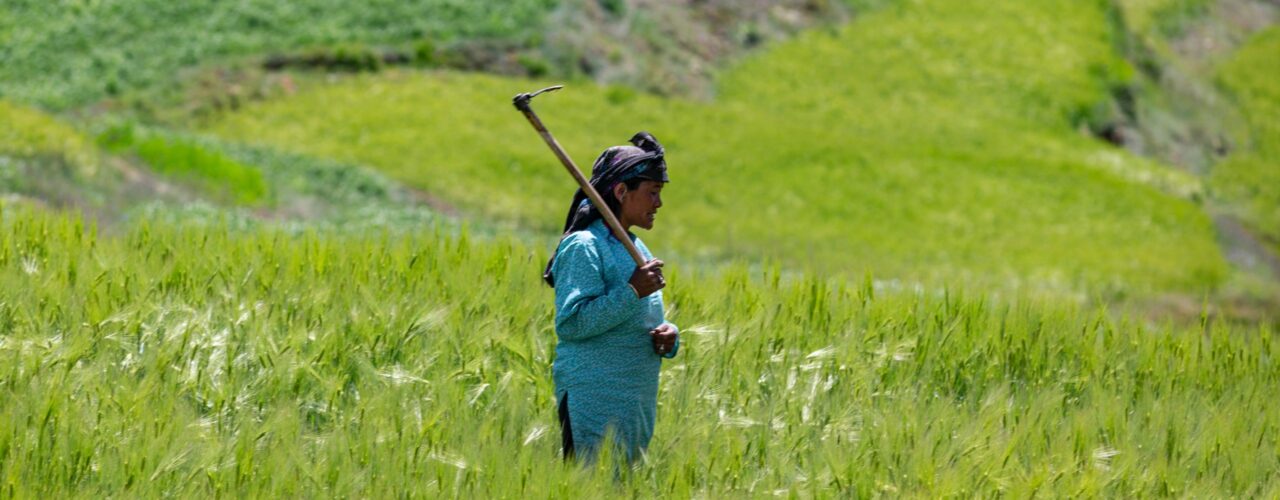
So what?
The DDS is credited with regenerating degraded lands and water sources, while helping thousands of women reclaim their farmlands and develop sustainable subsistence-based livelihoods. The impacts for their communities and the next generation are far-reaching, beginning with nutrition. Valuing seeds over monetary gain, the women of DDS have focused on growing crops with health benefits, such as Yellow Sorghum, which is rich in B vitamins, magnesium, potassium, phosphorus, iron and zinc, as well as fibre, antioxidants, and protein.
Alongside a growing obesity problem, India’s poor continue to suffer from malnutrition: 37.9% of 0-5 year olds have stunted growth, while over 50% of women of childbearing age are anaemic. It is vital that regenerative agriculture develops through models that prioritise local nutritional needs over foreign profits.
Another grassroots movement revolutionising small-scale farming by empowering poor women in India is Zero Budget Natural Farming, which produces crops with no foreign elements, including fertilisers or pesticides. This has the advantage of enhancing natural biological cycles, with the added benefit of helping local farmers to reduce the risk of debt traps.


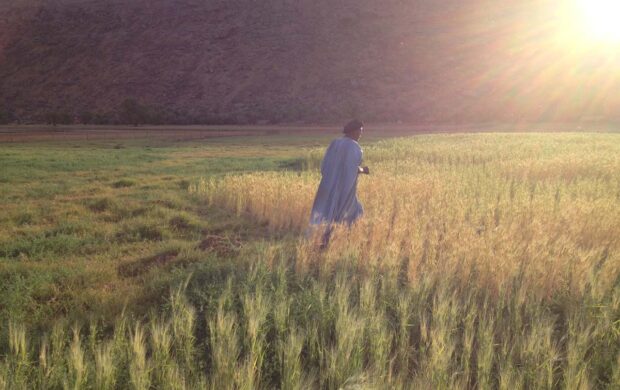


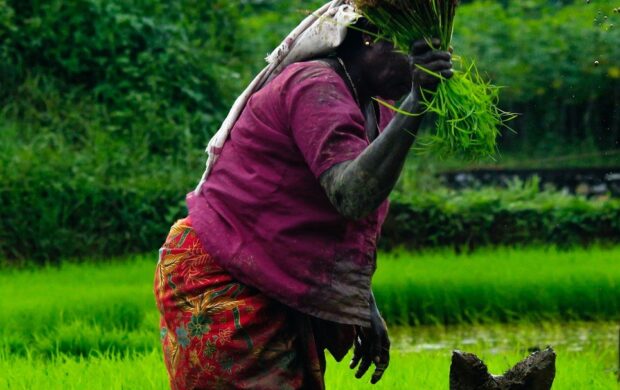





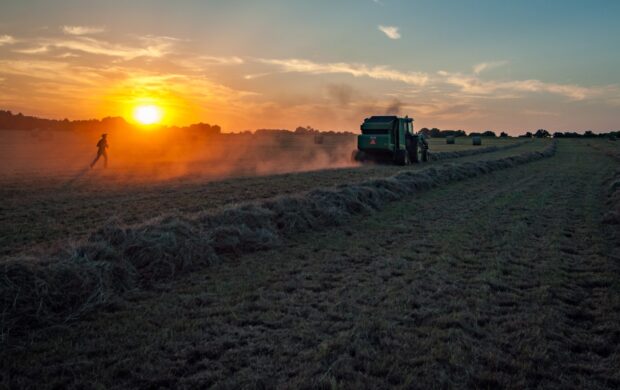
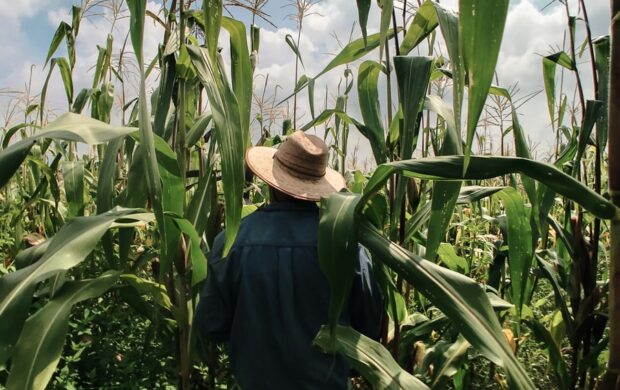
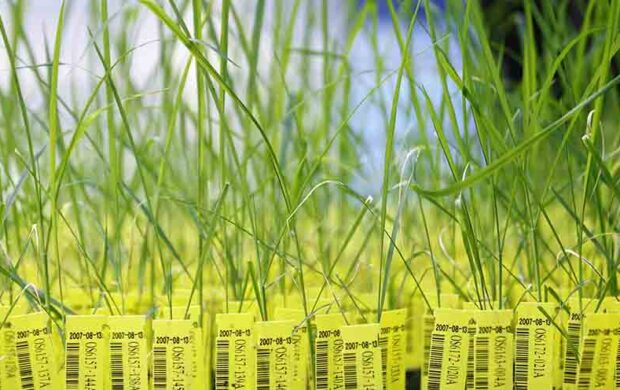


Join discussion